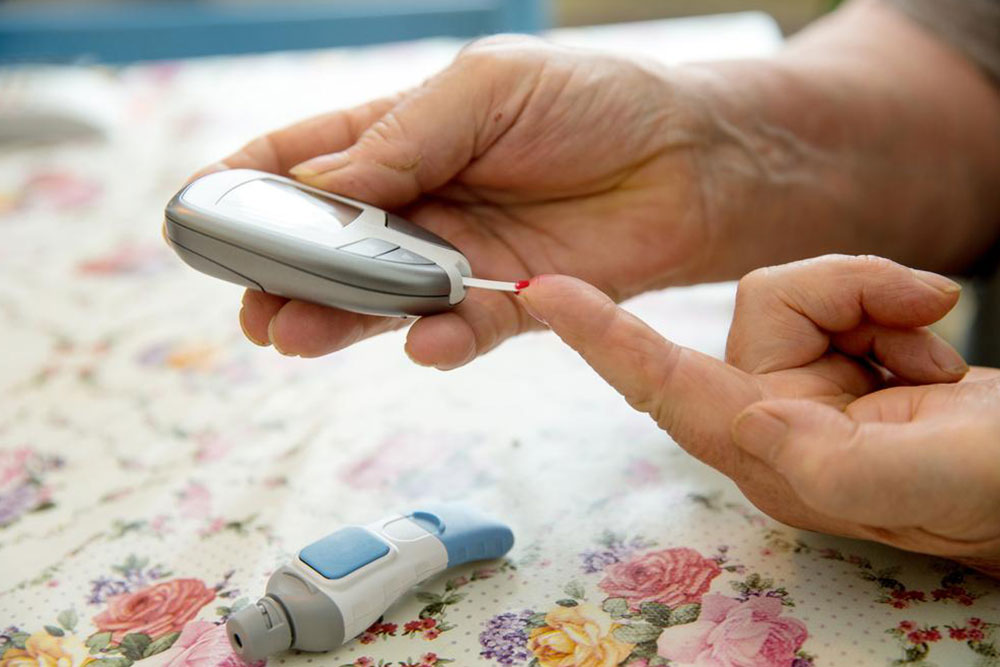Smart Approaches to Controlling Diabetes and Promoting a Healthy Life
Discover effective methods for managing diabetes and adopting a healthier lifestyle. This guide covers types, symptoms, causes, risk factors, and tailored treatment strategies, emphasizing lifestyle changes like diet and exercise to optimize blood sugar control and prevent complications.

Smart Approaches to Controlling Diabetes and Promoting a Healthy Life
Diabetes mellitus is a metabolic disorder affecting blood sugar regulation. Normally, insulin enables sugar to enter cells for energy, but in diabetes, insulin production or function is impaired. High blood sugar levels can cause damage to eyes, nerves, kidneys, and vital organs, increasing cardiovascular risks. Effective diabetes management is essential for better health and improved quality of life. Recognizing different types and symptoms aids in developing tailored treatment strategies suited to individual needs.
Types of Diabetes
Type 1 Diabetes:
This form is an autoimmune disorder where the immune system attacks insulin-producing cells in the pancreas. The exact cause remains unclear, but genetics and viral factors may play a role. Patients need daily insulin injections or pumps to survive.
Type 2 Diabetes: Unlike type 1, the body still produces insulin but develops resistance, leading to elevated blood sugar. It’s the most common type and strongly linked to obesity and lack of activity.
Prediabetes: Blood sugar levels are higher than normal but not yet diabetic, serving as a warning to implement lifestyle modifications.
Gestational Diabetes: During pregnancy, hormonal changes reduce insulin sensitivity. It often resolves after birth but raises future diabetes risk.
Understanding the symptoms of each type is critical. Typical signs include excessive thirst, hunger, fatigue, blurry vision, frequent urination, and slow-healing wounds. Men might experience reduced libido or erectile issues; women may have recurrent infections or dry skin.
Common Symptoms by Type
Type 1: Rapid weight loss, mood swings, and fatigue alongside symptoms like excessive thirst and urination.
Type 2: Similar symptoms with additional issues such as recurring infections and slow healing wounds.
Gestational: Often without symptoms, identified via blood tests during pregnancy; some women experience increased thirst and urination.
Causes of Diabetes
Type 1: Autoimmune response possibly triggered by genetic and viral factors.
Type 2: A mix of genetic predisposition, obesity, and inactive lifestyles causing insulin resistance.
Gestational: Hormonal shifts during pregnancy, especially in overweight women or those with family history.
Risk Factors
Risks depend on the type. Family history influences type 1, while age, obesity, inactivity, and family history increase type 2 risks. Gestational diabetes is more common with higher maternal age, obesity, previous pregnancy issues, or PCOS.
Management Strategies
Controlling diabetes involves customized plans that include medication and lifestyle changes. Regular blood sugar monitoring is vital. Insulin therapy, via injections or pumps, is essential for type 1 and sometimes for others. Oral drugs boost insulin production or lower glucose levels. In some cases, pancreatic transplants or weight-loss surgeries help improve outcomes.
Adopting a balanced diet rich in lean proteins, vegetables, omega-3s, and low-GI foods supports control. Regular exercise, weight management, and minimizing processed foods and alcohol are beneficial. Foods like fatty fish, leafy greens, eggs, chia seeds, turmeric, Greek yogurt, nuts, and broccoli can assist in blood sugar regulation.
Early detection and proactive management are key to preventing complications. Working closely with healthcare providers and maintaining healthy habits can significantly enhance quality of life.


